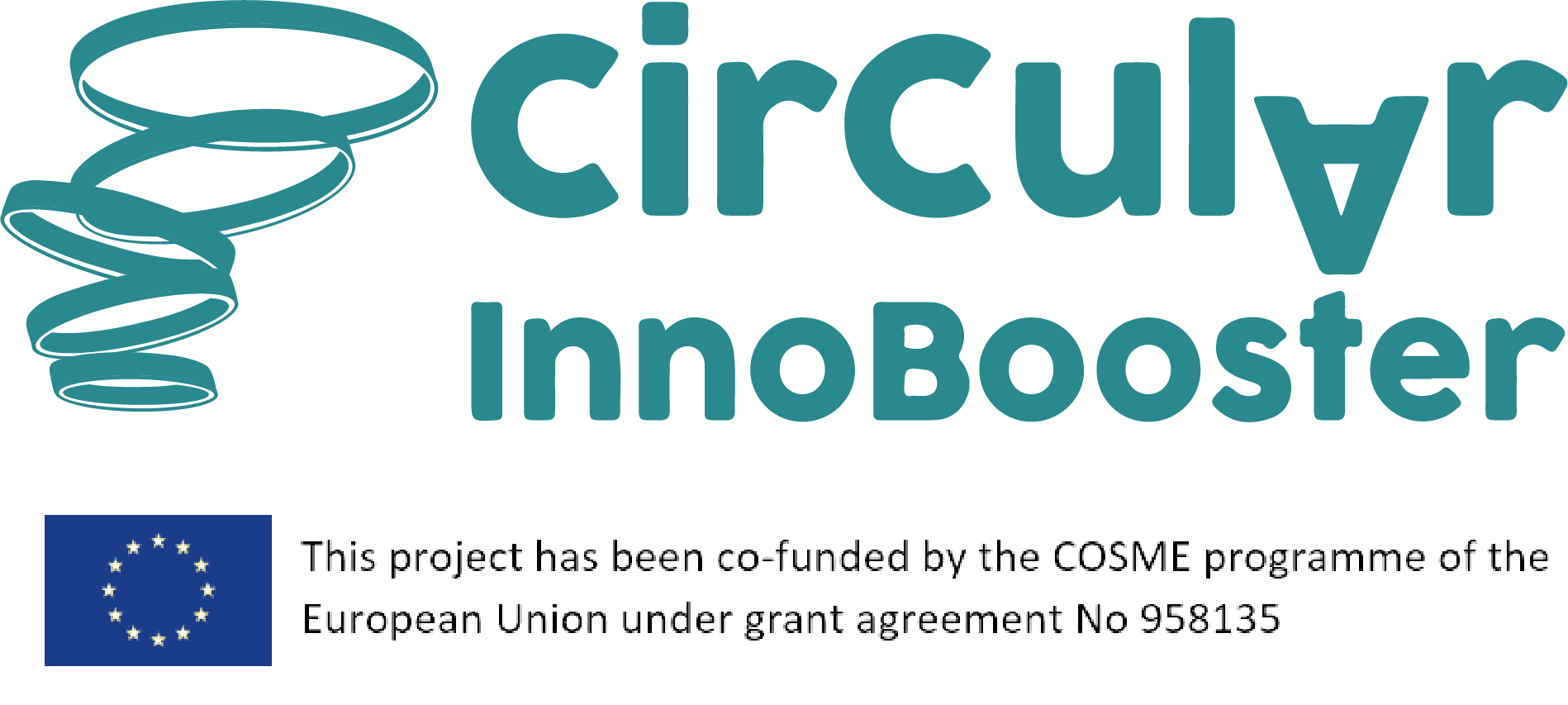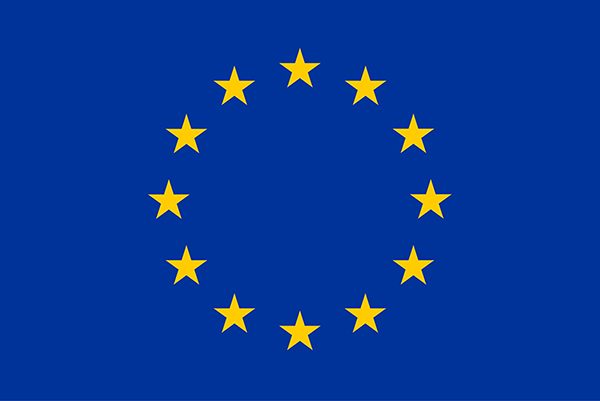The KPMG x FEVAD study dedicated to innovation in e-commerce (Nov. 2020) provides an unprecedented reflection on Corporate Social Responsibility (CSR) in this sector. It is based on surveys of online buyers and merchants in France.
Increasingly, expectations concerning responsible consumption are rising among online shoppers:
- 70% prefer websites which promote a responsible approach,
- 71% group orders together in order to limit deliveries,
- 94% sort the packaging of their orders (recycling and/or reuse).
E-commerce also offers consumers more options for responsible purchasing. Indeed, in 2019:
- 67% found it easier to find CSR products online than in physical commerce,
- 45% had already bought products from the circular economy online.
However, the study also highlights that:
- Only 14% of online shoppers consider the environment as one of the main criteria in their purchasing decision.
- For most of them, the price/quality ratio remains the main factor in their decision: more than 75% of online buyers who bought reconditioned or recycled products did it for budgetary purposes.
Meanwhile, online selling platforms are beginning to take steps towards more responsible offers, making CSR a strategic priority:
- 58% believe that environmental awareness is well entrenched among their customers.
- 55% believe that this represents a threat to their business.
- 81% consider this new reality to be one of their strategic priorities.
- 80% have already started to work towards more responsible initiatives.
However, adapting one’s activity and practices to make this new reality a pillar of the strategy is not easy. The FEVAD report mentions 8 aspects that e-merchants should take into consideration:
1. The offer. Whether it is local production, eco-designed, recycled or second-hand products, the offer should be considered as a pillar of strategic change.
2. Product information. Consumer information is key: more detailed product sheets (materials/origin), more information on eco-responsibility, etc.
3. The choice of CSR partners. Nowadays, suppliers and distributor’s charters mainly concern the quality, the conformity and the safety of products. This is starting to change with some platforms banning certain materials, and requesting their sellers to comply, etc.
4. Circularity. The French anti-waste law (AGEC) plans to:
– Extend the producer responsibility to the platforms themselves
– Ban the destruction of unsold non-food items,
– Allows a collection system for unsold goods accessible to small vendors.
However, e-commerce today faces a complex problem: the collection of the data necessary for eco-contribution declarations, which is difficult to access.
5. Packaging. A DS Smith study highlighted the fact that 50% of the space in packages was empty. Overpackaging is an issue that particularly affects the fashion industry. More and more, e-merchants are looking for eco-responsible solutions, but they are still very / too expensive.
6. Transport. Although in 70% of the times, an online order saves a trip in the customer’s vehicle, transport still generates 31% of French greenhouse gas emissions.
This challenge has allowed the rise of initiatives such as:
– Journey optimization roadmaps
– Trucks more filled
– Click&collect deliveries
7. Developing local economies. E-commerce:
– Generates 200,000 jobs in France,
– 57% of online VSE/SMEs also sell via traditional shops,
– Allows a 14% increase in the turnover of physical points of sale,
– 75% of customers believe that local shops should have an online presence.
8. Social commitment:
– Developing female expertise in technical departments,
– Participate in the inclusion of disadvantaged people,
– The accessibility of the platforms and services for visually and hearing-impaired people,
– And others.
For KPMG, the health crisis and the quarantine could act as trend accelerators:
– The development of the environmental awareness of e-consumers.
– The digitalization of physical shops through online orders and home delivery.
E-commerce plays a key role in promoting the development of responsible products and their accessibility. These new practices need to focus on both the products and the services offered, but also on promoting the circular economy in production and distribution processes.
While informing consumers and carefully selecting partners and suppliers in a responsible manner, companies will be challenged to meet the new expectations of consumers. They will have to do so without neglecting the social aspects of the transition such as the development of local economies, diversity and inclusion.
Via @FevadActu @KPMG @FEVAD @mathieu
Sources :
- https://www.fevad.com/etude-kpmg-x-fevad-e-commerce-et-rse-the-green-deal/
- « E-commerce : Au cœur des attentes, la RSE s’invite dans les stratégies », Matthieu Guinebault, 2020, Fashion Network
- Etude KPMG x FEVAD E-commerce et RSE: The Green Deal, 2020


